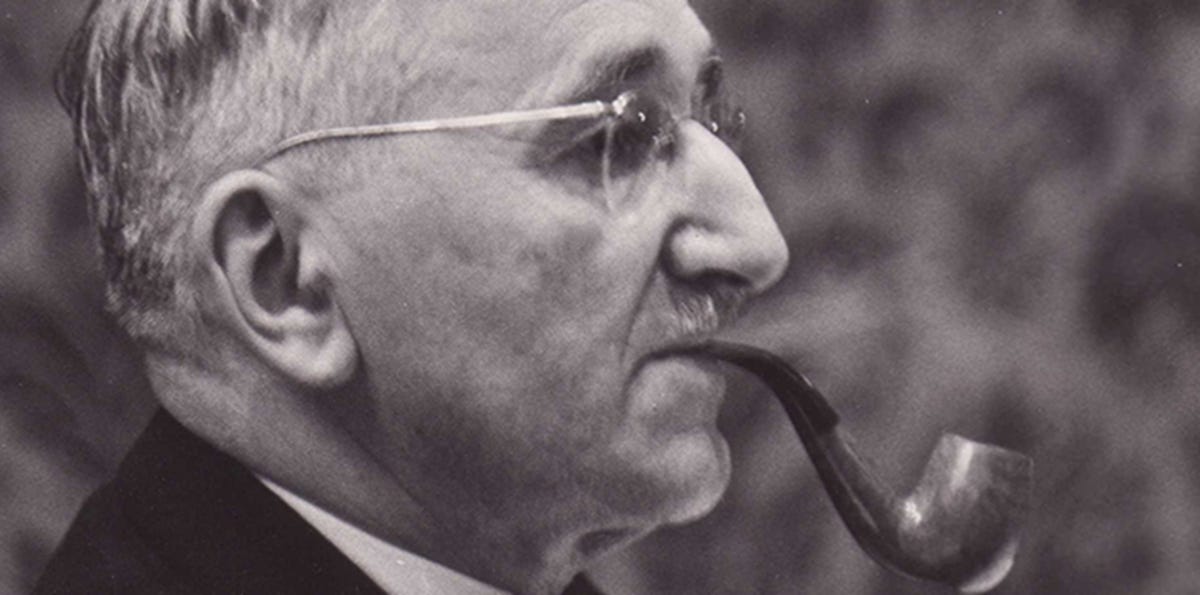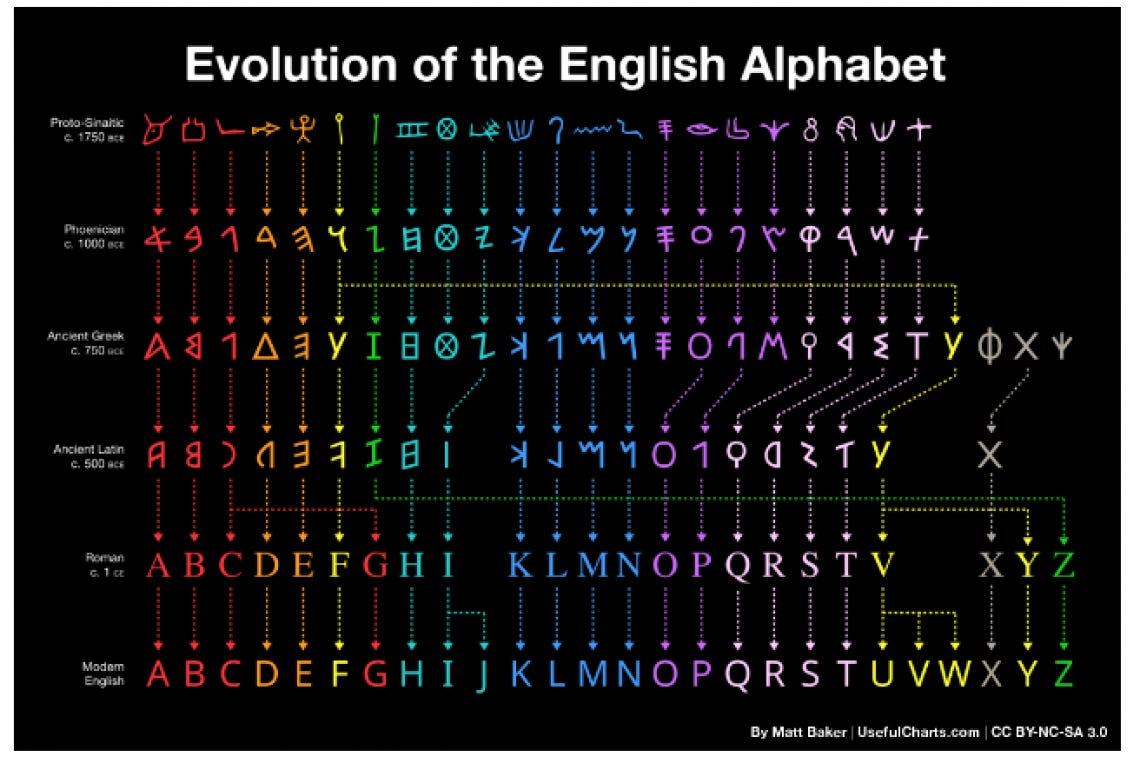Memo #8: Friedrich Hayek's Case for Spontaneous Order
Bottom-up vs. Top-down. Decentralized vs. Centralized. Spontaneous vs. Forced Order.
Hi there,
Today’s memo is a primer on spontaneous order. It’s a simple yet ubiquitous concept, the significance of which will become clear to you throughout this piece.
Friedrich von Hayek, Nobel Laureate, 1974
Born in 1899, Hayek was a British-Austrian economist, philosopher, and lifelong academic. He spent six decades of his life honing the concept of spontaneous order, for which he was awarded the Nobel Prize in 1974.

Spontaneous Order
How does order seemingly emerge out of nothing?
Take language, for example – who put together various sounds in particular chunks, defined them to be words, assigned semantic meaning to these words, and finally created the rules in how these words should be arranged to form a sentence, sentences to form a paragraph, and so on? Wow, that guy must’ve been really smart!
Of course, no single person actually did those things. Even if there were such an omniscient person, why would anyone else accept those definitions, meanings, and rules?
Yet, we have thousands of languages, each of which is capable of fully expressing the dizzying, near-infinite breadth of human thought.
It is because languages are not defined from top-down, rather, they evolve naturally from bottom-up.
Imagine millions of parallel daily interactions of early humans, in each of which they tried to communicate some concept and came up with words that other people could agree upon. Repeat that process over thousands of years, and you get something resembling modern English.

Decentralized Intelligence
The concept of decentralized intelligence may be the most important one when trying to understand spontaneous order.
An ant colony shows emergent decentralized intelligence. No single ant has the full information on how to build a complex structure like the one below, yet, collectively, they build the colonies nonetheless.

For a slightly different example - take our brains.

No single neuron contains anywhere near the full information of your mind. But when ~100 billion of them fire rhythmically, they produce the sum total of what you think of as your-self.
Here’s the key takeaway – Large decentralized systems of individual agents with imperfect information, when interacting together, can create emergent Intelligence.
Now, Hayek is important because he was the one who developed these ideas and applied them to the entire Economy.
What is the Economy? To Hayek, it is the sum total of billions of transactions that encode and exchange critical information.

Say you open a local bread shop. You will quickly come to know all about your particular market — in this case, bread. You will know where to source high-quality flour, where to find the best bakers, what your customers like and don’t like, and every other detail that goes into running a successful bread shop. Or, your shop will simply go under.
Now, imagine ~7 billion people carrying out similarly complex interactions, encoding and exchanging critical information and signals, finding mutually agreeable price-points, and coordinating on a daily basis. The sum total of these interactions is what produces the entire economy.
The Fallacy of Central Planning
Hayek, in developing his theory of spontaneous order, also launched powerful attacks at Central Planning.
What is Central Planning? Well, it’s the top-down version of social order. 19th-century intellectuals like Karl Marx and other social architects following his footsteps, proposed central planning as an alternative way to attain the desired social order. They thought that if the emergent order of markets is so unpredictable, inequitable, and unfair, we will just use the powerful apparatus of the entire government to plan and carry it out.
Unfortunately, a couple of problems with that brilliant idea –
First, global markets are so mind-bogglingly complex that they are impossible to centrally plan. If you think otherwise, here’s an exercise for you – try coming up with an equation to determine the price of potatoes at your local grocery store. We can continue this conversation when you have figured it out!
Next, who is going to decide? Even if you were really smart and somehow figured out the best way to centrally allocate the resources of the economy for the good of the society, why should anyone trust you? History is littered with authoritarians who sold us that vision only to carry us off the cliff straight into a bloodbath.
Okay, maybe you are the paragon of morality that you claim you are. But, what happens when you are given that kind of centralized power? Who’s to say you don’t get corrupt and use it for your agenda?
Finally, if you post a job vacancy ad saying “come join the government’s most powerful branch where you will get to control the entire economy”, what kind of a person do you think you will attract for the interview? This kind of position is the dream job of many sociopathic narcissists who are also quite good at persuasion. Good luck with that!
Favorite Quotes from Hayek
“The curious task of economics is to demonstrate to men how little they really know about what they imagine the can design.”
“From the saintly and single-minded idealist to the fanatic is often but a step.”
See you tomorrow,
Ayush



